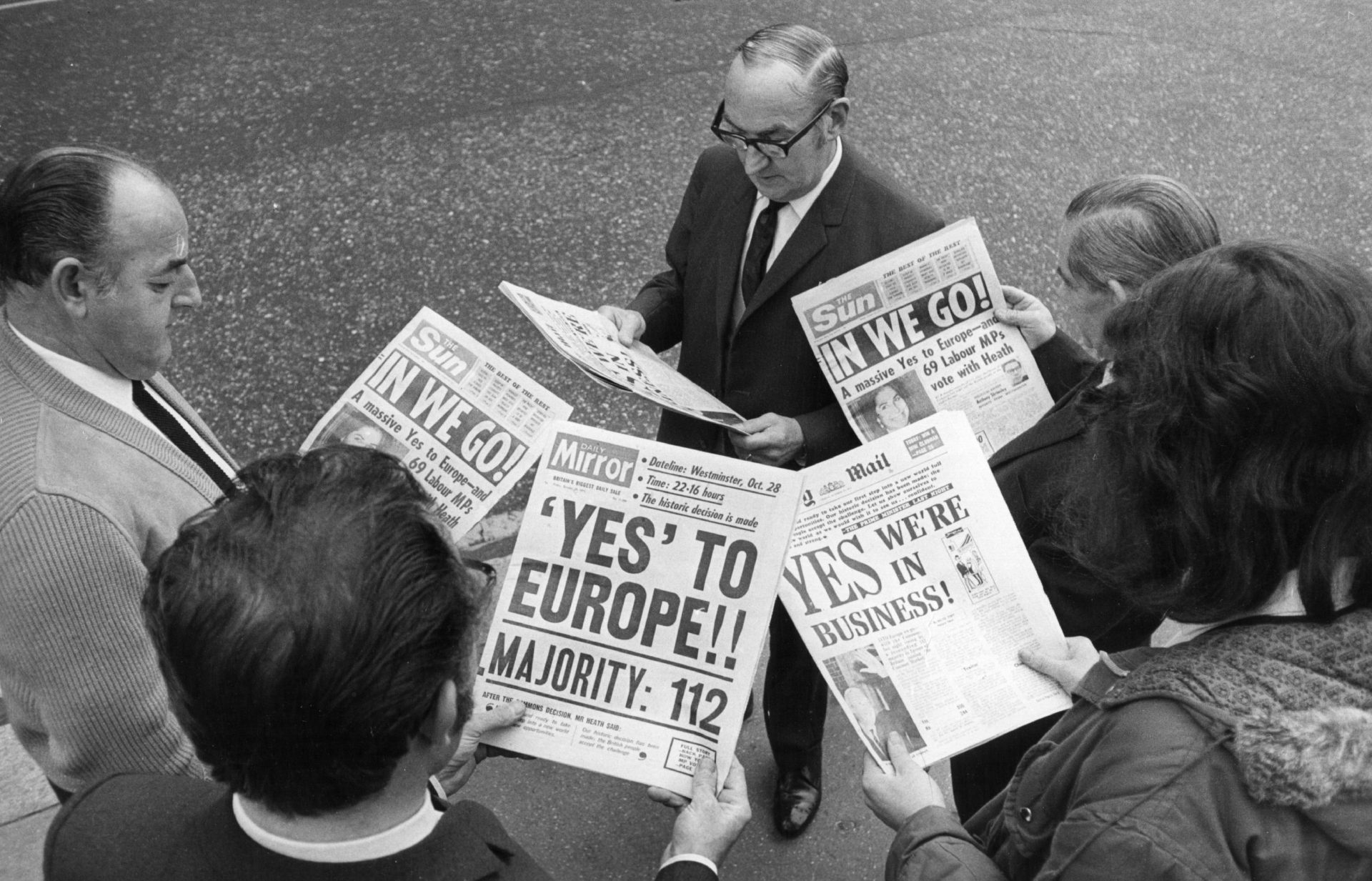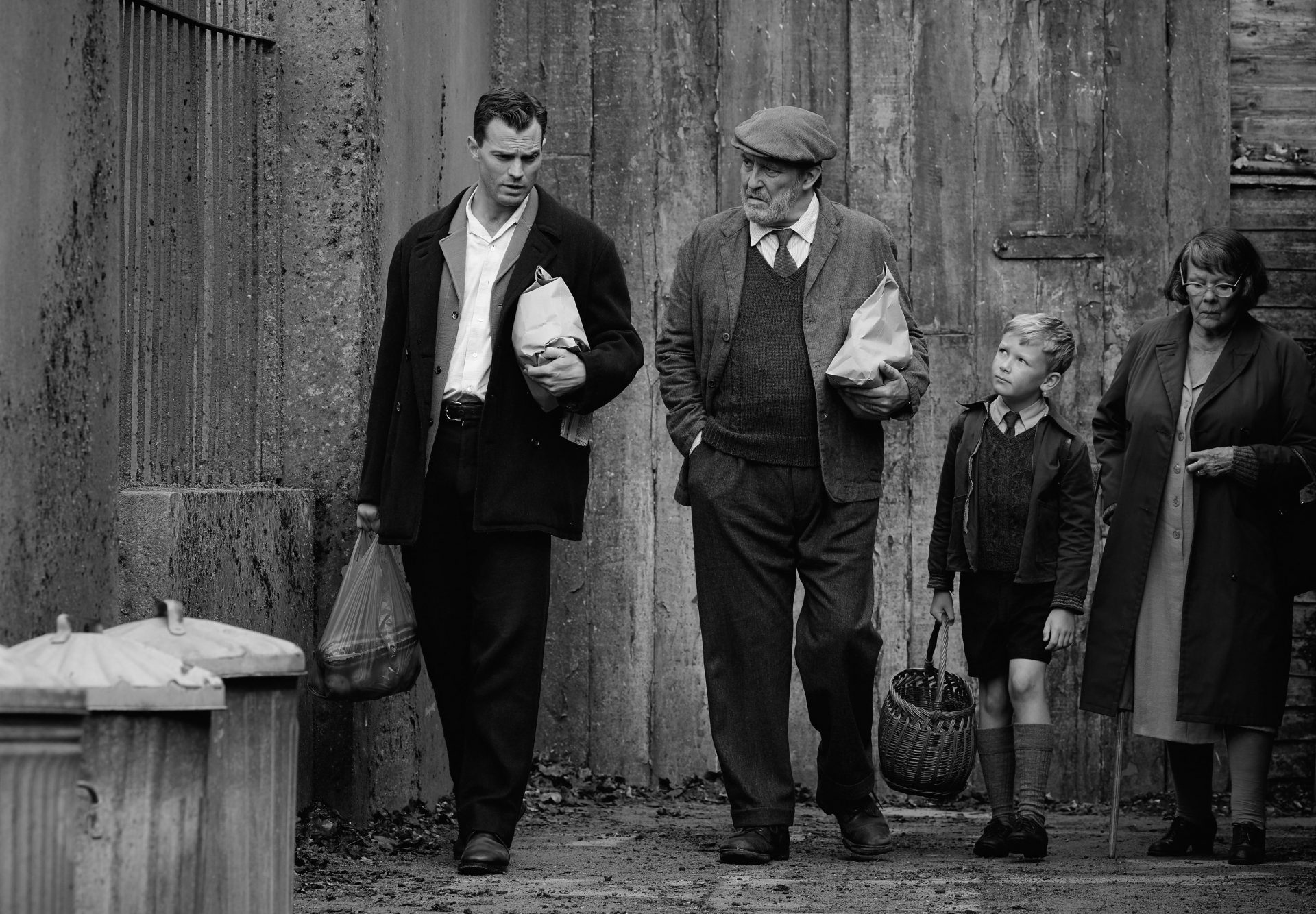It is Black History Month here in the UK.
This celebration began in the ’80s. For some, it’s a great idea. And some say that it should be every day of the year.
That it exists at all points to the problem, some say.
I say that it is another exported idea from America. This has always bothered me.
One TV programme that I did not watch and will not be watching is called will.i.am: The Blackprint. It is described in Radio Times as “a quest to find out more about the lives of Black Britons.”
The rapper, TV personality and multi-millionaire sounds and looks like a sincere guy. He is quoted saying: “I love America and I love the UK and there are certain things that I want to know. I wanted to see similarities between Black Americans and Black Brits and imagine what my life would have been like if I was a Black Brit.”
The upside of his programme is that, because of his fame, people will tune in. Get a bit of history. Maybe be astounded. Maybe look and engage with Black British people in a different, better way. I hope so.
But in our international world, the question of American privilege is always there. Maybe most especially in Black History Month.
The term “Black Lives Matter” is wholly, even gloriously, American. It has managed to unite and turbo-charge a major human rights and justice fight, and name it for a new generation all over the world. It is clear; simple, like American things can be. But above all, it works. Like American things can.
Yet, like will.i.am’s travels through Black Britain, the term can sometimes get people and institutions off the hook. Make them feel that if they have embraced it, expounded it, that they have done something, are something.
That feeling is an American-generated one, too. We Americans like to see the slogan work.
The first time that I was ever called “American” in my life was shortly after I arrived in London in the mid-’80s. I was never called American in the United States, never even thought of myself as one. That was the reality of when and where I was born and grew up in the ’50s and mid-’60s.
For me, you were fighting to be that, fighting to be an American, a Black American. “American” was an outside term.
So when I was called that, and “Yankee”, too, I was astounded. I thought to myself that I was no Yankee, my parents were born in the Southern United States. We all had Southern twangs when we spoke, I still use mine when I want to make an emphasis. How could I be a “Yankee”?
But to the woman who hurled that term at me, I was part of an invading power: she came from Grenada, and the US had invaded it in 1983. I remember this because it was the first time that I had ever heard over the radio a plea to be saved from the United States: spoken in English.
It did not matter to her that our ancestors could have been on the same slave ship, hers thrown off in what became Grenada, mine in what became North Carolina. I was and I still am, after living here over 30 years and a citizen for over 20, an American. That allowed me to be talked to by a white British producer about how second-rate Black British talent was. I said to the man that he could not talk like that in front of me. He didn’t get it.
In France, the great Josephine Baker is to become the first woman of colour to be installed in the Panthéon. To be “panthéonisé” is the highest posthumous honour. But the controversy is that she was also American.
What, for all of her work in aiding the French Resistance during WW2, she embodied a French ideal about the beauty of women of colour and about America.
The French constitution now says: “France is an indivisible, secular, democratic and social Republic. It ensures equality before the law for all citizens, without distinction of sex, origin, or religion.” But ask a person of Caribbean descent if this is exactly true.
I, like many African American writers, escaped to Paris to follow in the footsteps of James Baldwin. My favourite bookshop in the world, where I feel at home, is Shakespeare and Co. on the Left Bank in view of Notre Dame. I had and have a refuge there.
But back in the ’80s when I came to Shakespeare and Co, it was also part of The Dream. It was an escape. As was the great soul food restaurant still in Paris, Chez Haynes, with its menu of fried chicken, chitlins, beans and rice, mashed potatoes, cornbread. Leroy Haynes was there all of the time, in his apron, cooking and serving up.
He had come to Paris after being stationed in Germany after the War and he stayed. He escaped the reality of life for an African American man in the US in the late ’40s and the ’50s. My motto then: “Be Like Leroy.”
As in London, Brussels, Berlin, Rome, Dublin, Athens, we African Americans were and are shielded from African Caribbean and African life in Paris and everywhere… and that Shield is baked in.
Some young African Americans are talking about leaving the US. Because Americans can talk like that. We’re never “immigrants”.




